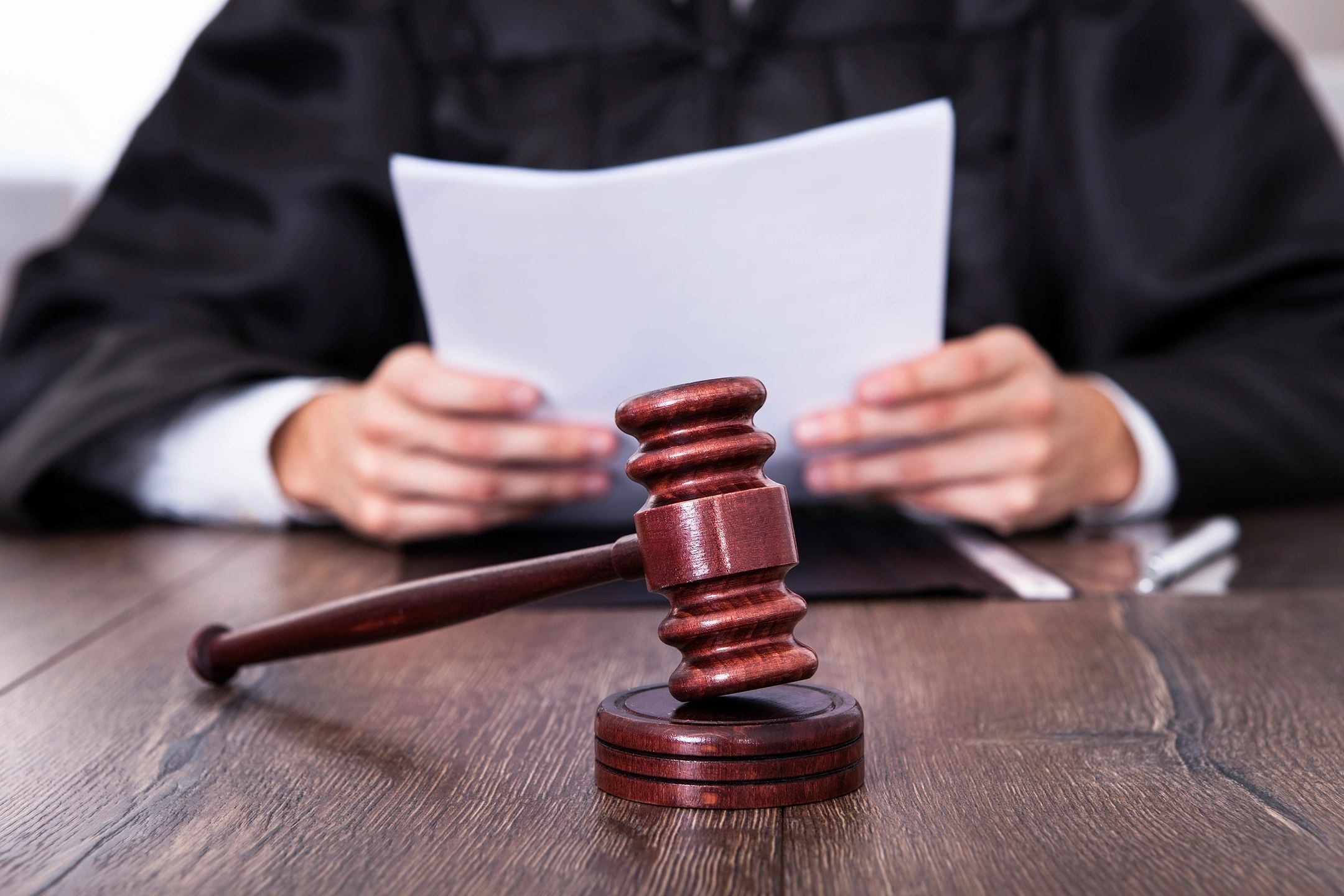If you’ve been injured due to someone else’s negligence or intentional actions, you may be wondering what legal options are available to you. In the United States, personal injury law provides a way for injured individuals to seek compensation for their damages, including medical expenses, lost wages, and pain and suffering.
What Does PI Mean in Law?
“PI” stands for “personal injury,” which refers to any harm or injury suffered by an individual as a result of another party’s negligence or wrongdoing. Personal injury law is a legal area that focuses on cases where someone has been injured due to the actions or inaction of another party.
What is Personal Injury Law in the USA?
Personal injury law is a branch of civil law that allows individuals who have been injured or harmed to seek compensation from the responsible parties. In the United States, personal injury law is a state law, which means that the specific rules and regulations governing personal injury cases can vary from state to state. However, most personal injury cases involve a common set of legal principles, such as the duty of care owed by the defendant to the plaintiff, the breach of that duty, and the resulting damages suffered by the plaintiff.
What Does Personal Injury Mean in Legal Terms?
In legal terms, personal injury refers to any physical or emotional harm suffered by an individual as a result of someone else’s negligence or intentional actions. Personal injury can include a wide range of injuries, from minor cuts and bruises to catastrophic injuries such as traumatic brain injuries or spinal cord injuries.
What Type of Lawyer is a PI?
A personal injury lawyer, also known as a plaintiff’s attorney, is a legal professional who specializes in representing individuals who have been injured or harmed due to the negligence or intentional actions of another party. Personal injury lawyers typically handle a wide range of cases, including those related to car accidents, motorcycle accidents, pedestrian accidents, big rig accidents, rideshare accidents, bicycle accidents, slip and falls, medical malpractice, and more.
How Do You Prove Personal Injury in Court?
To prove personal injury in court, you will typically need to provide evidence that the defendant was responsible for your injuries and that you suffered damages as a result. This evidence can include things like medical records, eyewitness testimony, accident reports, and expert witness testimony. Your personal injury lawyer will work with you to gather and present this evidence in a compelling manner.
What Happens in Court for Personal Injury?
If you decide to pursue a personal injury case in court, the legal process can involve several steps. These may include filing a complaint with the court, engaging in discovery (the process of exchanging information with the other party), negotiating a settlement, and going to trial. Your personal injury lawyer can guide you through each step of the process and help you make informed decisions about your case.
What Kinds of Injuries Does Personal Injury Law Include?
Personal injury law can include a wide range of injuries, from minor cuts and bruises to catastrophic injuries that may result in long-term disability or even death. Some common types of injuries that fall under personal injury law include those related to car accidents, slip and falls, medical malpractice, and defective products.
Girgis Law Firm, APC
Personal injury law provides a way for injured individuals to seek compensation for their damages. If you’ve been injured due to someone else’s negligence or intentional actions, it’s important to consult with a personal injury lawyer to discuss your legal options. By working with an experienced attorney, you can help ensure that your rights are protected and that you receive the compensation you deserve.






